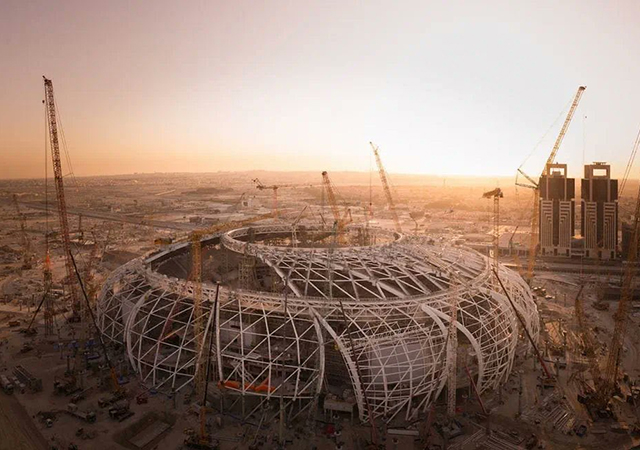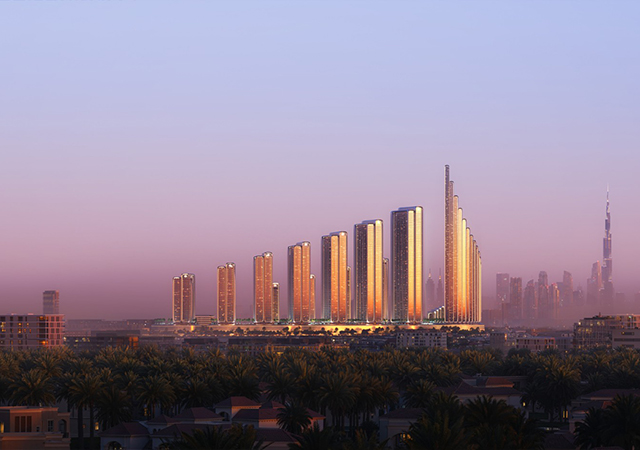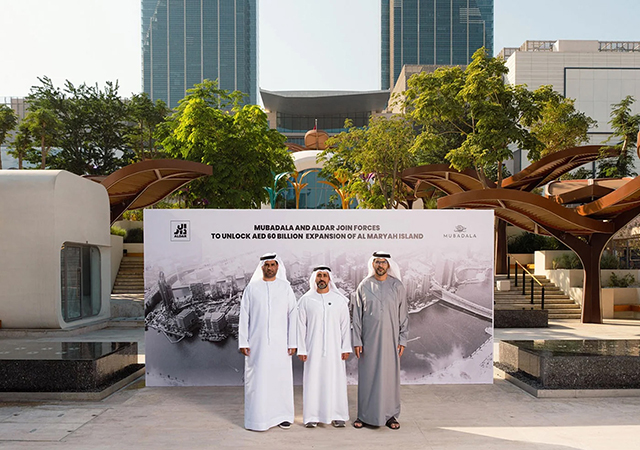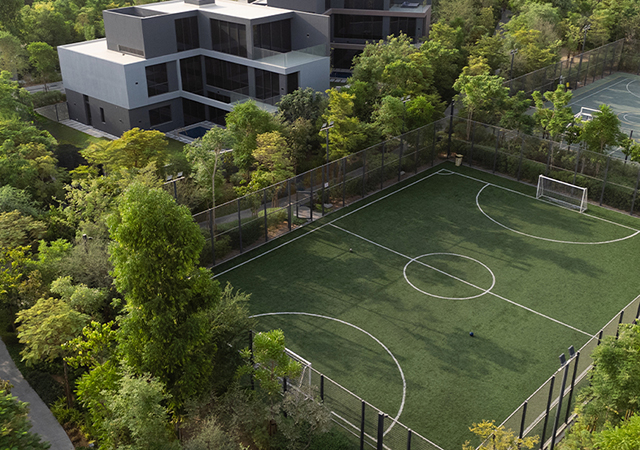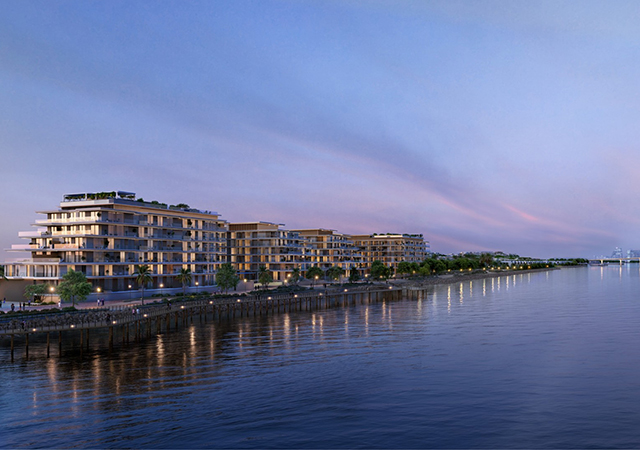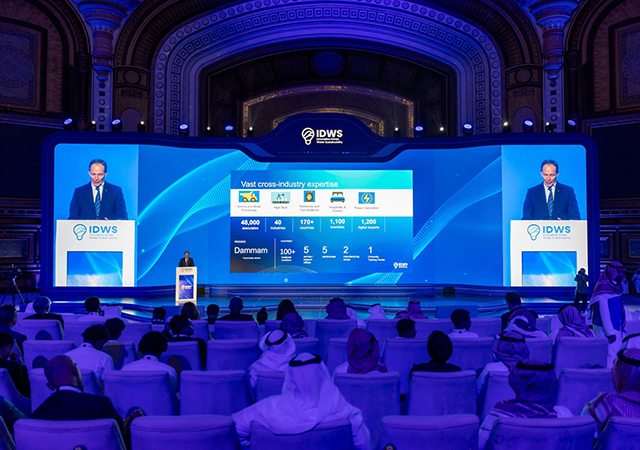
Oil held steady just below $96 a barrel after a three-day rally, as traders awaited a sixth-weeekly decline in US crude inventories and attached a bigger supply-risk premium to Turkish bombing in northern Iraq.
With trading volumes still thin due to the holidays, US light sweet crude for February was unchanged at $95.97 a barrel by 0201 GMT, after touching a one-month peak of $96.54 on Wednesday, within $3 of its all-time $99.29 record high.
London Brent crude stood 6 cents higher at $94 a barrel, with activity likely to pick up sharply when UK markets reopen from the Christmas holiday later in the session.
Oil prices have gained nearly $4 in the past three days, lifted by growing concerns over world oil supplies heading into the peak of winter, as well as creeping fears about the security of oil supplies from the Middle East.
US inventory data, to be released on Thursday, a day later than normal due to the Christmas holiday, is expected to show crude stocks fell by 1 million barrels as bad weather in Texas and the Gulf slowed imports.
Inventories are already at their lowest in nearly three years.
'The short-term direction wil depend pretty heavily on perceptions of how tight the market is... If the EIA data shows a large decline we might well see oil prices moving higher in the near term,' said Commonwealth Bank of Australia David Moore.
Prices also gained as Turkish war planes bombed Kurdish guerrilla targets in northern Iraq on Wednesday, the fourth such cross-border raid in five days and a reminder to investors of risks to crude supplies in the Middle East.
While the dispute poses little immediate threat to Iraq's main oil exports via its southern terminals, the instability adds an element of risk to regional flows, analysts say.
'Whenever there's any region tension that flares up into actual activity or incidents you do get a risk premium factored into oil prices,' said Moore.
'The issues that have affected the Mideast have been present for several years. Whether there will be a pronounced impact on supplies is always an uncertainty.'
The Turkish military said its offensive against outlawed separatist Kurdistan Workers Party (PKK) guerillas inside Turkey and across the border in northern Iraq would continue.
Oil prices have risen 57 per cent since the start of the year, despite the prospect of slower US economic growth and warm winter weather that could curtail heating fuel demand.
Private forecaster WSI Corp was the latest in a line of meteorologists to call for unusually mild conditions this season, saying temperatures in the US Northeast will be above normal in January and February before turning chilly in March.Reuters








.jpg)

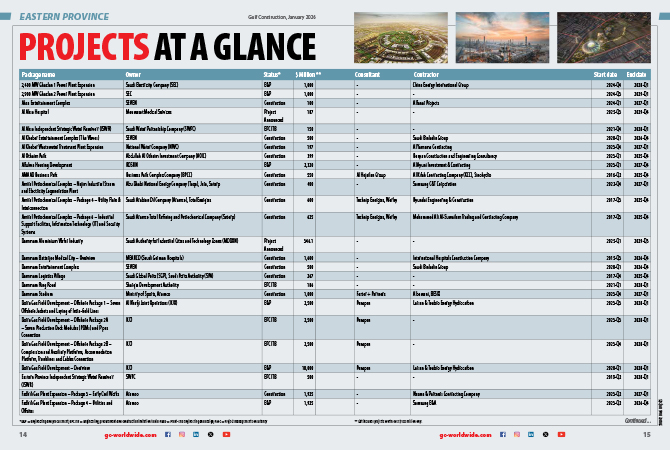


.jpg)





















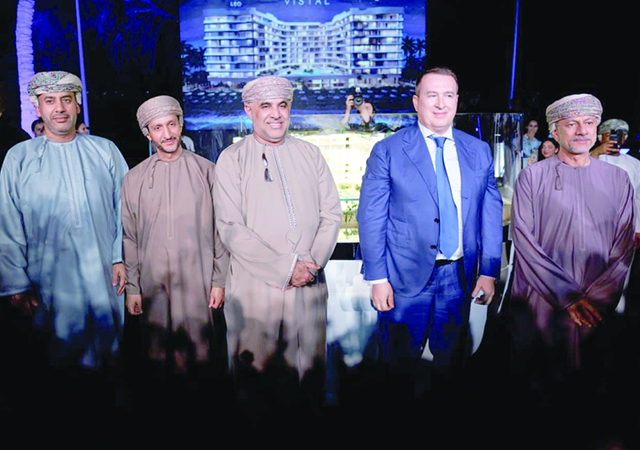






.jpg)










